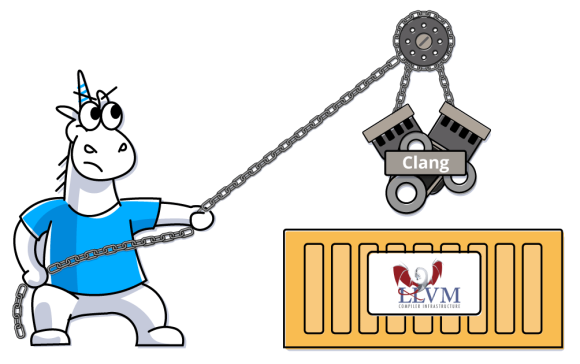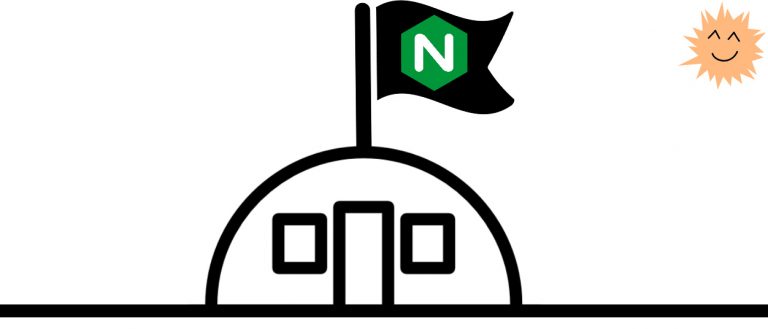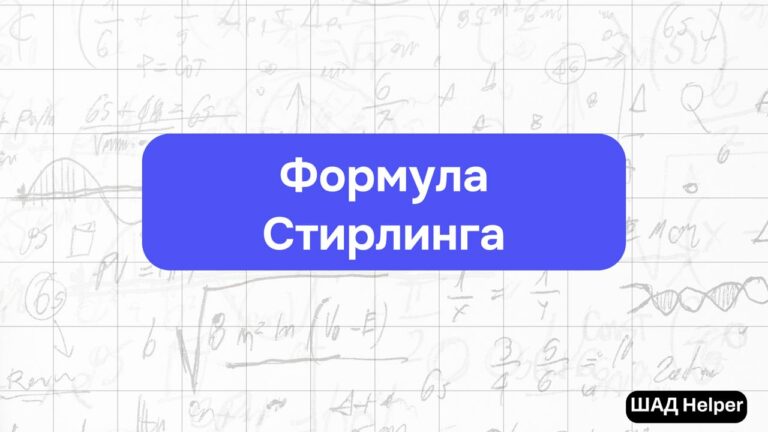How the spear bear hunters explained what a quantum computer is
Bear hunting with a spear is an old “entertainment”. The idea is simple, a long, strong spear of wood is made, the hunter teases the bear, rests the spear firmly in the ground, stone or stump and directs it to the beast. The beast stumbles upon a spear, but instead of moving away, the pain provokes him into even greater aggression, as a result, the bear stabs itself with a spear.

I have heard stories from modern hunters that this is how they go to dens in the early spring. A group of hunters get to the den, prepare a spear, and then draw lots for who will climb into the den in order to stab the bear with a knife, thereby wake him up, anger and force him to leave the den. The hunters are pulling a short match, deciding who will go with the knife to the den. Of course, there are always guys with guns on the heels, but the point is to kill the beast without shots and unnecessary noise.
Quantum computers
Even if someone in the modern world has a poor idea of how computers work, and even more so quantum computers, have heard about them at least once.
Usually quantum computing is explained by superposition, i.e. if an ordinary computer bit always takes on the value either 1 or 0, then a qubit (qubit, quantum bit) has a superposition, it is both 1 and 0. Like Schrödenger’s cat, which is both alive and dead. And while an ordinary computer takes a lot of time for complex calculations, a quantum one knows all possible outcomes in advance and returns the result. But back to our hunters.
Quantum hunters
7 hunters (I don’t mean why 7, the number can be any, probably) go with a spear at the bear. They drag matches, whoever pulls out a short one must climb into the den and wake the bear.
Ordinary computer: take turns showing me the matches, I’ll go over everyone who has a short one, and he climbs into the den.
Everything is logical and reliable.
Quantum computer: who has a short match – a step forward.
And what, so it was possible?
It is possible, this is the superiority of a quantum computer, it does not need to perform calculations, because he already has all the possible options for 7 hunters, he just “knows” the result.
It would seem, why is there quantum computing for this? An ordinary computer will quickly find a hunter with a short match by brute-force.
Let’s complicate the task. Let’s say we have 1,000,000 groups of 7 hunters pulling matches. An ordinary computer will need to go over everything in search of a short one. Whereas the quantum one will again say “those who have a short step forward.” Moreover, it makes no difference to him how many groups are in front of him, 1,000,000 or 1,000,000,000,000,000.
While an ordinary computer, rolling up its sleeves, will check the matches of the hunters, the quantum computer will already send the “short” ones to the den.
Let’s complicate the task. Every second, all hunters have their matches changed. That a quantum computer is generally a sideline, but an ordinary one gives problems. Because if in a second he does not have time to run through all the hunters and find everyone with short matches, all his calculations are in vain and they need to start all over again.
This is how simply and clearly you can explain it in a completely non-technical language to an ordinary person using an example from life (hunters have nothing to do with it, it’s more about a lot).
Loss of superposition, decagency
Probably the biggest problem and huge “headache” among the builders of quantum computers is decoherence, or the loss of a superposition of a qubit. Think of Schrödenger’s cat, which is in superposition, alive and dead at the same time. Having opened a box with a cat, its superposition will be lost, decoherence will occur, it will take on one of the meanings and become not a cat in superposition, but the most ordinary, living or dead cat.
Everyone who develops and builds quantum computers is fighting this problem, they isolate qubits from external observers as best they can, as long as they are in superposition, do not take only one of the positions. Those. it is important that the qubit is always both 1 and 0 at the same time.
Decoherent hunter
If we draw a parallel with our hunters, let’s imagine that one hunter turned out to be either more cunning, or more fearful than the others and predetermined his position, that he definitely did not want to climb into the den. Therefore, on the hunt, he takes his match from home, which will always be long, no matter what he gets. He lost superposition by choosing only one option.
At this point, it disrupts all calculations of the quantum computer. Even if “today” he does not get a short match, he will still show his own, a long one, and today the “calculations” will be conditionally correct. But “tomorrow”, when he has to get the short one, and he gets the long one, it turns out that everyone has a long match and the hunt must be turned off. For a quantum computer, this will mean that one or some of its qubits have lost their superposition, but when this happened is unknown, which means that all calculations before that can be questioned. This is how one cunning “hunter” can spoil any of the most breakthrough research and conclusions of a quantum computer.
I do not pretend to be an expert in the field of quantum computing and I perfectly understand that this is a super primitive example, but it seemed clear to me, and those to whom I managed to tell confirm this)
In general, it will be great if the community tries to promote this example or gives their simple examples of how to tell a blonde woman about quantum computers, their problems, why they are and why.





